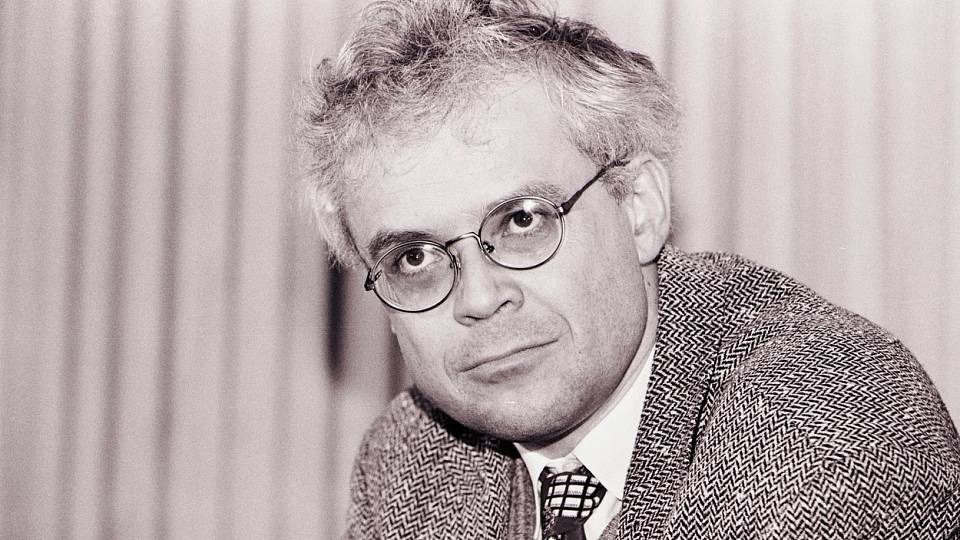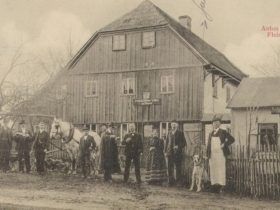In April 2001, Vladimír Špidla was elected as the chairman of the ruling Social Democrats in the Czech Republic. This election came after Prime Minister Miloš Zeman stepped down as party boss while remaining as the country’s prime minister until the next elections.
The Social Democrats had been in power since 1998 and faced a decline in public support due to corruption scandals and a struggling economy. Zeman’s resignation as party chairman was seen as an attempt to salvage the party’s reputation and chances of winning the upcoming elections.
Vladimír Špidla, who was relatively unknown outside political circles, emerged as a compromise candidate for the party leadership. He had served as the minister of labor and social affairs under Zeman and was credited with implementing several reforms to reduce unemployment and poverty.
As the new chairman of the Social Democrats, Spidla faced the daunting task of reviving the party’s fortunes and winning the public’s trust. He promised to improve the economy, create jobs, and reduce social inequalities.
Despite his efforts, the Social Democrats suffered a crushing defeat in the 2002 parliamentary elections, winning only 70 seats out of 200. Spidla was forced to resign as prime minister and was replaced by his deputy, Stanislav Gross.
The election result was a setback for the Social Democrats, who had hoped to secure a third term in office. It was also a blow to Spidla’s political career, which was widely regarded as a competent leader.
In the following years, Špidla continued to be active in politics and served as a member of the European Parliament from 2004 to 2009. He also worked as a senior adviser to the Czech government on social and economic issues.
The election of Vladimír Špidla as the chairman of the Social Democrats in 2001 marked a significant moment in the history of the Czech Republic. It was a time of political uncertainty and economic hardship, and the country was searching for new leadership and direction. While Spidla’s tenure as prime minister was short-lived, his legacy as a reformer and advocate for social justice continues to be remembered and celebrated.









